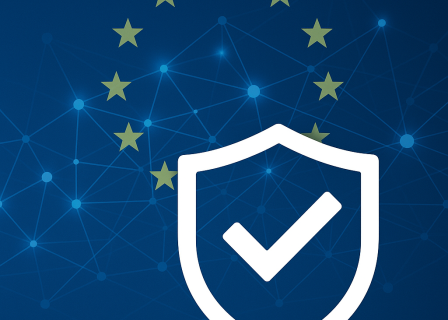In Poland, the Financial Intelligence Unit is run by the General Inspector of Financial Information (GIIF) - a government administrative body tasked with preventing money laundering and terrorist financing. He functions as secretary or undersecretary of state at the Ministry of Finance. His role and tasks are described in the Law on Anti-Money Laundering and Terrorist Financing of March 1, 2018.
GIIF – what is it?
GIIF is short for General Inspector of Financial Information. It is a one-person central state administration body appointed by the Prime Minister on the proposal of the minister responsible for public finance. It is assisted in carrying out its tasks by the Financial Information Department of the Ministry of Finance. The Chief Inspector of Financial Information, together with the Department of Financial Information, is considered, in accordance with European Union regulations, to be a financial intelligence unit.
The GIIF is the main element of the Polish anti-money laundering and counter-terrorist financing system. The detailed tasks imposed on the Chief Inspector are set forth in the Law on Counteracting Money Laundering and Terrorist Financing of June 1, 2018.
GIIF tasks – what is the Chief Inspector of Financial Information responsible for?
The main tasks of the GIIF include processing information and taking actions to prevent money laundering and terrorist financing. The activities undertaken by the GIIF consist of:
- analyzing information on assets that raise suspicions of possible terrorist financing or money laundering;
- Stopping transactions or blocking specific accounts;
- Preparing an analysis that is an assessment of national risks in the field of money laundering and financial support of terrorism;
- Preparing anti-money laundering and counter-terrorist financing strategies;
- controlling whether anti-money laundering and counter-terrorist financing regulations are complied with;
- spreading awareness and providing information on AML/CFT regulations in the Public Information Bulletin;
- imposing financial penalties as referred to in the Law;
- making available and requesting the transfer of information on transactions;
- initiating additional activities aimed at preventing money laundering and supporting terrorism.
In order to fulfill its tasks, the General Inspector of Financial Information cooperates with the competent authorities of other countries, institutions, international organizations (e.g. EUROPOL), which also deal with the fight against money laundering and terrorist financing.
At the same time, the GIIF has the ability to conclude agreements defining the terms of information exchange, both with European supervisory authorities, foreign competent state authorities and private sector entities. The purpose of cooperation is to obtain information relevant to the implementation of the tasks imposed on the GIIF.
Who does the GIIF work with?
The GIIF is one of the bodies set up to prevent money laundering - the entire system also includes entities offering services and products that can be used for illegal purposes, as well as cooperating units:
- National Bank of Poland,
- Financial Supervision Commission,
- Supreme Chamber of Control.
Obligated institutions include:
- banks,
- insurance companies,
- brokerage houses,
- organizers of games of chance,
- associations,
- foundations,
- owners of exchange offices,
- Entrepreneurs accepting payments of more than 15 thousand euros,
- real estate agents,
- attorneys.

All of the aforementioned institutions are required to inform the GIIF of suspected illegal transactions by a given entity in the form of monthly reports.
They face criminal liability for failing to provide such information. To facilitate the task, a special website has been launched through which institutions and companies can fulfill their obligation.
What is money laundering?
Money laundering is an attempt to conceal illegally acquired funds by putting them into legal circulation. This procedure facilitates criminal activity, which is why it is so important to take all steps that can counteract it. To this end, states, international agencies cooperate and improve their investigative techniques. A place also appears here for entities that provide AML (Anti-money laundering) services.
Gathering information about legal entities and screening customers help eliminate the risk of working with an unreliable counterparty. Thanks to such measures, companies can avoid entering into a relationship with entities associated with money laundering or terrorist financing. The implementation of the AML process, but also the continuous control of its effectiveness and quality is the first step to ensure the financial security of the company.
The KYC (Know Your Customer) procedure helps to assess the credibility of a customer to ensure the safety of transactions. Cooperation with an AML company provides a guarantee that financial operations are carried out in accordance with the regulations guarded by the General Inspector of Financial Information.






